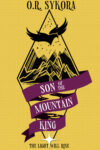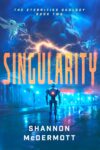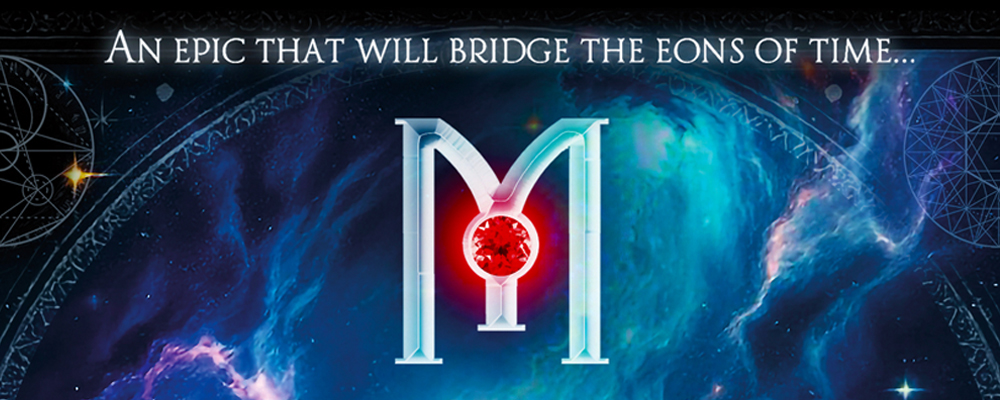My Take: The Force Awakens
 Yes, I finally went to see Star Wars: The Force Awakens. I successfully avoided early reviews and spoilers, and as a result, I thoroughly enjoyed the movie experience. Here are my reflections, sanitized to keep away from spoilers so that I don’t ruin the movie for any of you who may not have seen it yet.
Yes, I finally went to see Star Wars: The Force Awakens. I successfully avoided early reviews and spoilers, and as a result, I thoroughly enjoyed the movie experience. Here are my reflections, sanitized to keep away from spoilers so that I don’t ruin the movie for any of you who may not have seen it yet.
First, here’s what I liked:
!. The movie was of the same quality as the first ever Star Wars movie—before the nonsensical prequels that have come to be known as numbers one, two, and three (though they were made fourth, fifth, and sixth).
2. There was a good balance between action-adventure and relational intrigue.
3. The story was well-written, with good external and good internal conflict.
4. The movie had some humor, but it wasn’t overdone, and it didn’t try too hard, as some of the latter movies in the franchise did.
5. The actors all did a good job. I didn’t think there was a weak performance in the bunch.
6. The visuals were impressive—more scenery than I remember from the previous movies, and of course the special effects were top notch.
7. The plot held surprises.
8. The characters seemed realistic—they had flaws and strengths alike, and they related to each other the way real people do.
Things that didn’t spoil the movie but that I’d rather have been different:
1. Some plot elements were too similar to the first Star Wars movie.
2. A better idea of who or what the antagonist is (were we seeing a hologram?)
Things the movie made me think about:
 The main topic came from a discussion I had before I saw the movie. Apparently some Christians were taking a stand against the movie—something I don’t remember from Star Wars number one. Ironically, the friend I was with said her pastor had mentioned it in a recent sermon because of its strong portrayal of good versus evil. In other words, some Christians apparently see the movie as containing questionable elements and some, positive elements.
The main topic came from a discussion I had before I saw the movie. Apparently some Christians were taking a stand against the movie—something I don’t remember from Star Wars number one. Ironically, the friend I was with said her pastor had mentioned it in a recent sermon because of its strong portrayal of good versus evil. In other words, some Christians apparently see the movie as containing questionable elements and some, positive elements.
I can only assume the questionable stems from “the force.” It’s true that “the force” is a concept that contradicts Christianity, but nothing about movie number seven is different from the previous movies in that regard. In fact, from my perspective “the force” doesn’t have the same religious feel it had under George Lucas’s writing.
In many regards, “the force” felt more like magic than supernatural. The premise, as the title indicates, involves the power known as the force, with its good aspect and its evil aspect, becoming active in the world again.
Clearly “the force” is not an equivalent for God because it has this yin-yang aspect to it—a positive and a negative, a good and an evil, a light side and a dark side.
The thrust of the movie is that people can choose whether to go to the light or to the dark. This idea is not so far from Harry Potter and the good magic-dark magic dichotomy those books and movies presented.
In essence, the dark side of the force and dark magic are nothing more than stand-ins for evil and its supernatural origin. In the same way, the light side of the force and good magic represent God.
 The greatest problem with this understanding is the way it presents life as a duality, as if there are two equal and opposites in the world.
The greatest problem with this understanding is the way it presents life as a duality, as if there are two equal and opposites in the world.
Christianity says, no. God and Satan are not equal. Though surely Satan is in opposition to God, I’m not sure it’s accurate to portray him as opposite. He isn’t omnipotent or omniscient or omnipresent. His rule only comes because God allows it, so he’s not sovereign. He is in rebellion, however, and looks stronger than he actually is.
As a writer, I found the inclusion of religious type themes intriguing. Again, this is nothing new since the entire Star Wars franchise is built on this struggle between the light and the dark sides of the force. Nevertheless, the admission of a “force” seems to be an admission that there is a “supernatural” power with which humans must deal.
There’s an interesting nod to behavior psychology, too, and the strength of the human will—both for good and for ill. The idea seems to be that “training” can only be successful to a certain degree, but ultimately the person has the final say about what they will or won’t do.
I suspect that point resonates with most people and may be one reason the movie is so popular. Not to mention that it’s just great entertainment.




























Pedantic question: What’s your semantic difference between “magic” and “supernatural”? Just a handy differentiation between good and evil?
Because they are functionally the same: abnormal in the usual way of things. Normal person has to exert force to move a thing from Point A to Point B. A wizard can Accio or Wingardium Leviosa it. Yoda can meditate it out of a swamp.
Sorry I didn’t see the comments sooner.
No, I guess my use of the two here is more like supernatural, referring to real beings and the abilities they have that are beyond what we consider as natural, versus magic, referring to the pretend.
Becky
That’s a pretty good summary.
Thanks, Martin. I appreciate the feedback. I needed to mull the movie over for a little bit before I was ready to write about it. But that’s always dangerous for me to do because I forget stuff. So, truly, I appreciate your comment.
Becky